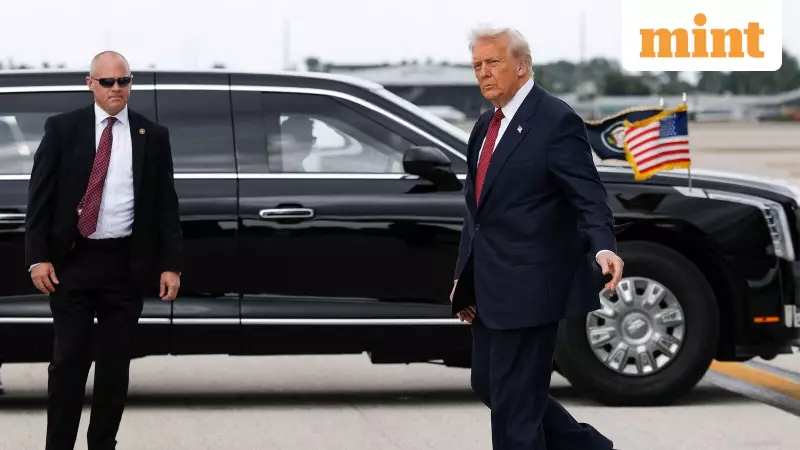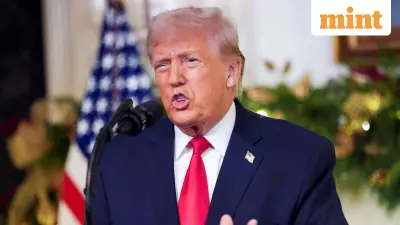
In a significant development that could reshape presidential powers in international trade, the US Supreme Court has expressed deep skepticism about former President Donald Trump's use of emergency authority to impose sweeping tariffs on steel imports.
Judicial Doubts Over Presidential Emergency Powers
During recent proceedings, Supreme Court justices from across the ideological spectrum raised serious questions about the extent of executive power when it comes to declaring trade emergencies. The case centers on whether the president can invoke national security concerns to justify broad tariff impositions without clear congressional authorization.
The Steel Tariff Controversy
The legal battle stems from Trump's 2018 decision to impose 25% tariffs on steel imports under Section 232 of the Trade Expansion Act of 1962. The former administration argued that protecting domestic steel production was crucial for national security, particularly for military applications and critical infrastructure.
Key Concerns Raised by Justices
- Whether national security claims require substantial evidence
- The appropriate balance between executive and congressional trade powers
- Potential for abuse of emergency declaration authority
- The definitional boundaries of what constitutes a genuine national security threat
Broader Implications for Trade Policy
This case represents more than just a dispute over steel tariffs—it touches on fundamental questions about the separation of powers in US trade policy. The court's eventual ruling could either reinforce or restrict future presidents' ability to use national security as justification for trade protection measures.
Potential Outcomes and Consequences
- Restricted Presidential Power: A ruling against the administration could limit future presidents' trade emergency declarations
- Preserved Executive Authority: A decision in favor would maintain significant presidential discretion in trade matters
- Congressional Response: Either outcome might prompt legislative action to clarify emergency powers
The Supreme Court's skepticism signals a potentially landmark decision that could redefine how national security concerns intersect with international trade policy, affecting not only US trade relationships but also the balance of power between the executive and legislative branches.





